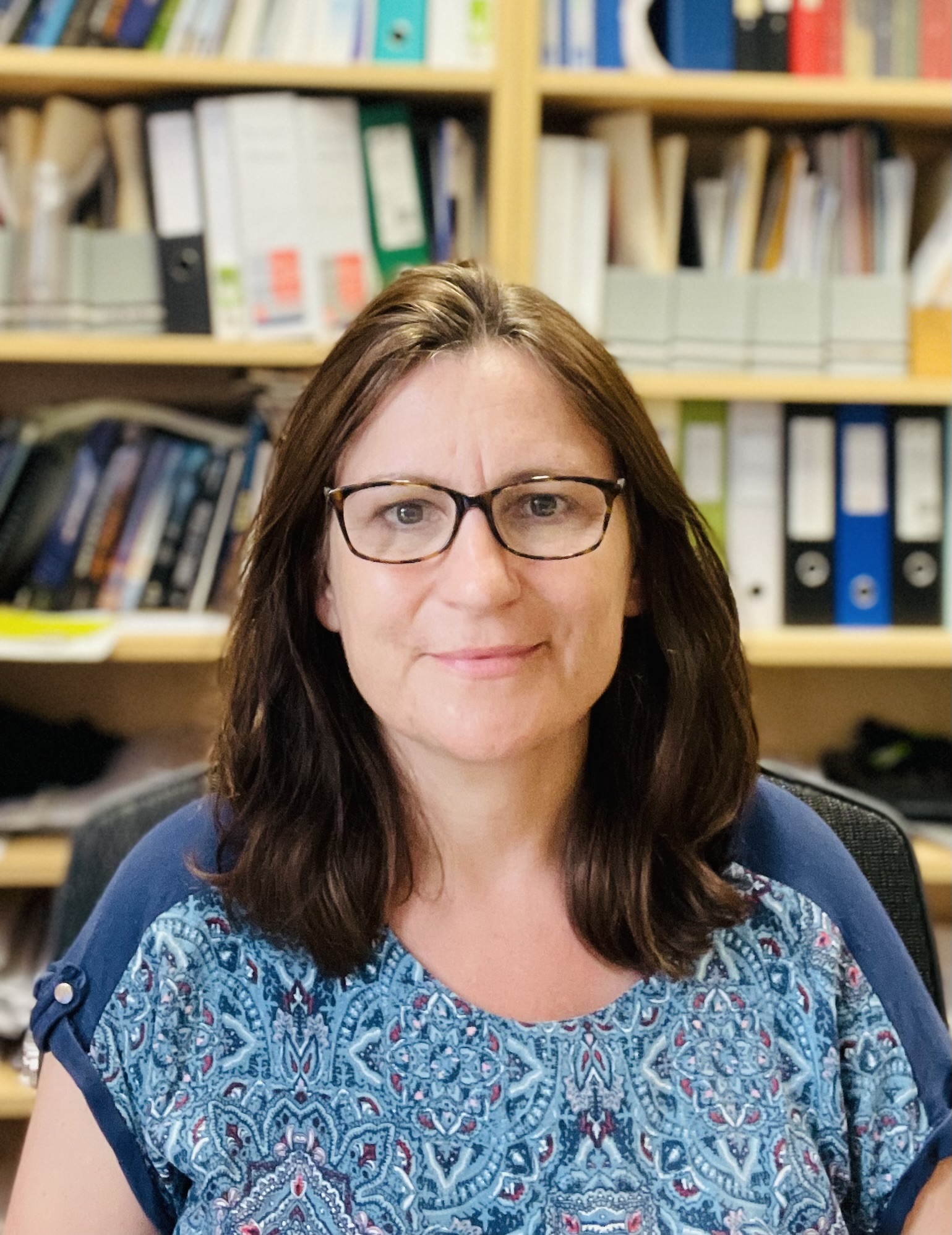
My Expertise
Variability and driving mechanisms of climate extremes
Fields of Research (FoR)
Climatology (excl. Climate Change Processes), Climate Change Processes, MeteorologySEO tags
Biography
Professor Lisa Alexander completed her Bachelor of Science and Master of Science degrees in Applied Mathematics at Queens University in Northern Ireland in 1995 and 1998 respectively. She was a research scientist for the Met Office Hadley Centre in the Climate Variability Group from 1998 to 2006, spending her last year on secondment at the Australian Bureau of Meteorology. She completed her PhD at Monash University in 2009, winning the Mollie...view more
Professor Lisa Alexander completed her Bachelor of Science and Master of Science degrees in Applied Mathematics at Queens University in Northern Ireland in 1995 and 1998 respectively. She was a research scientist for the Met Office Hadley Centre in the Climate Variability Group from 1998 to 2006, spending her last year on secondment at the Australian Bureau of Meteorology. She completed her PhD at Monash University in 2009, winning the Mollie Holman medal for best doctoral thesis. Since then she has been a senior researcher with the Climate Change Research Centre at UNSW.
Professor Alexander’s research has concentrated on understanding the variability and driving mechanisms of climate extremes. Her primary work aims to improve our understanding of observed changes in these events using multiple research tools ranging from station observations to climate model output. Much of her work has been focused on the creation of high quality global datasets and their comparison with state of the art climate models. Of particular significance is Professor Alexander’s work on the production and assessment of global datasets of temperature and rainfall extremes under the auspices of the World Meteorological Organization’s (WMO) Expert Team on Climate Change Detection and Indices (ETCCDI) and more recently the Expert Team on Climate Information for Decisionmaking (ET-CID). She has led regional capacity building and development workshops on behalf of WMO in numerous developing countries which has included developing the climpact software to calculate and analyse climate extremes. Climpact is widely used by National Hydrological and Meteorological Services as well as other climate researchers around the world. Professor Alexander also sits on the Joint Scientific Committee of the World Climate Research Program.